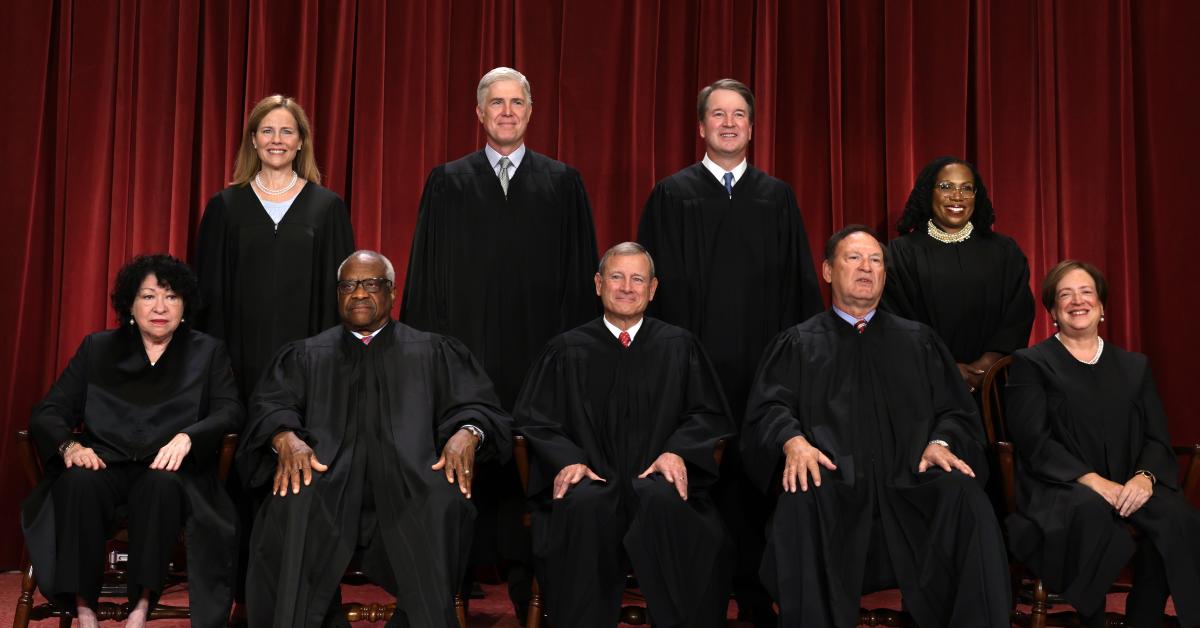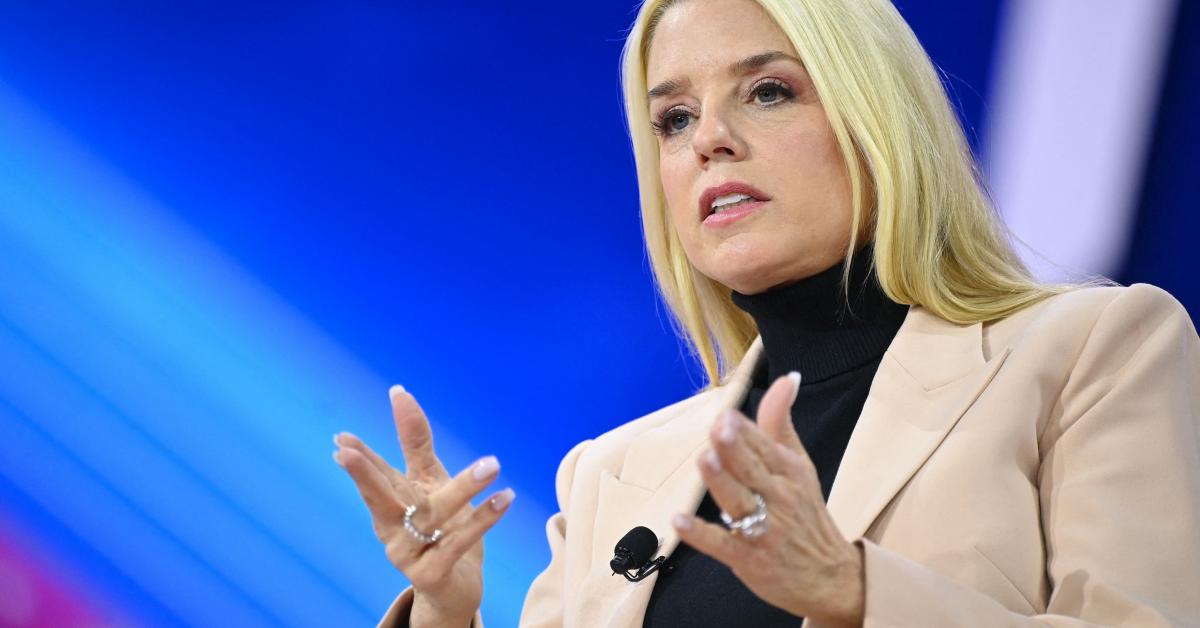The U.S. Supreme Court is considering stepping in on a case that could change how federal candidates challenge state election laws. At the heart of this is whether Illinois U.S. Rep. Mike Bost can legally contest Illinois’ rule allowing ballots to be counted 14 days after Election Day. Bost’s attorney, Russell Nobile, argues that the Seventh Circuit U.S. Court of Appeals got it wrong by dismissing the case over jurisdiction issues.
Nobile believes this dismissal overlooks the real impact on Bost’s campaign, which faces increased costs due to the prolonged ballot counting. “For 130 years, federal courts have always had jurisdiction to hear cases like this,” Nobile stated. He argues the decision is out of sync with established law, highlighting that it contradicts the Fifth Circuit and other appellate courts’ precedents.
The Fifth Circuit previously determined that counting ballots after Election Day is illegal. In contrast, the Seventh Circuit did not address the legality of Illinois’ extended ballot counting, focusing only on jurisdiction. Nobile insists, “Congressman Bost has to run his campaign an extra 14 days over 34 counties, so obviously this costs his campaign extra money.”
To demonstrate legal standing, Bost needs to prove an injury, which Nobile argues is financial in this case. Even a nominal cost, like $1, can establish an injury, Nobile believes. He emphasizes that federal courts should have jurisdiction over such issues, questioning whether Bost’s financial burden meets the threshold.
Nobile points to a similar case from Mississippi where the Fifth Circuit ruled on the merits. In that case, mail-in ballots could be counted only for five days post-Election Day. Yet, the Seventh Circuit hasn’t touched on the merits of the Illinois case, leaving the core question unresolved.
Davis, an election integrity advocate, finds it frustrating that conservatives frequently face standing denials in court while liberals seem to easily secure standing. She hopes a Supreme Court ruling will clarify that candidates can challenge laws disadvantaging them. This would set a significant precedent for future election-related cases.
Tom Fitton, president of Judicial Watch, is vocal about the dangers of post-Election Day ballot counting. “I tell you, counting ballots after election day is a great way to invite fraud,” Fitton remarked. According to him, such practices undermine public trust and violate election laws.
The outcome of this case could redefine how election laws are contested across the nation. Conservatives argue that the current system places them at a disadvantage, especially with extended ballot counting. The Supreme Court’s intervention could ensure uniformity in how election challenges are handled.
This case illustrates the broader frustrations within the conservative community regarding election integrity. They argue that the playing field is uneven, with legal challenges often stymied by standing issues. The hope is that a Supreme Court decision will level the field.
There is anticipation about how the Supreme Court will rule on this crucial matter. Conservatives are counting on a decision that aligns with their view of election integrity. Any ruling will have implications for future elections and candidates across the country.
The case has drawn attention from various quarters, including legal experts and political analysts. They are examining the potential impact of a Supreme Court ruling on state election laws. The debate underscores the ongoing discussions about election fairness and legal processes.
Candidates facing similar situations are watching closely, hoping for a favorable outcome. The Supreme Court’s decision could provide clarity and set a precedent for challenging election laws. Until then, the debate over legal standing and election integrity continues.
Observers note that this case highlights the challenges of navigating election law complexities. They argue that a clear Supreme Court ruling could simplify the legal landscape for candidates. The decision could also reinforce the importance of consistency in election law rulings.
The broader implications of this case are not lost on political strategists and candidates alike. Many believe that the current system needs reform to ensure fairness. The hope is that this case will be a catalyst for such changes in election law.


